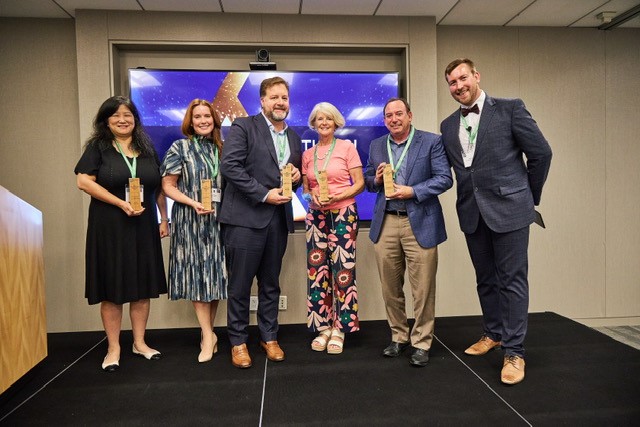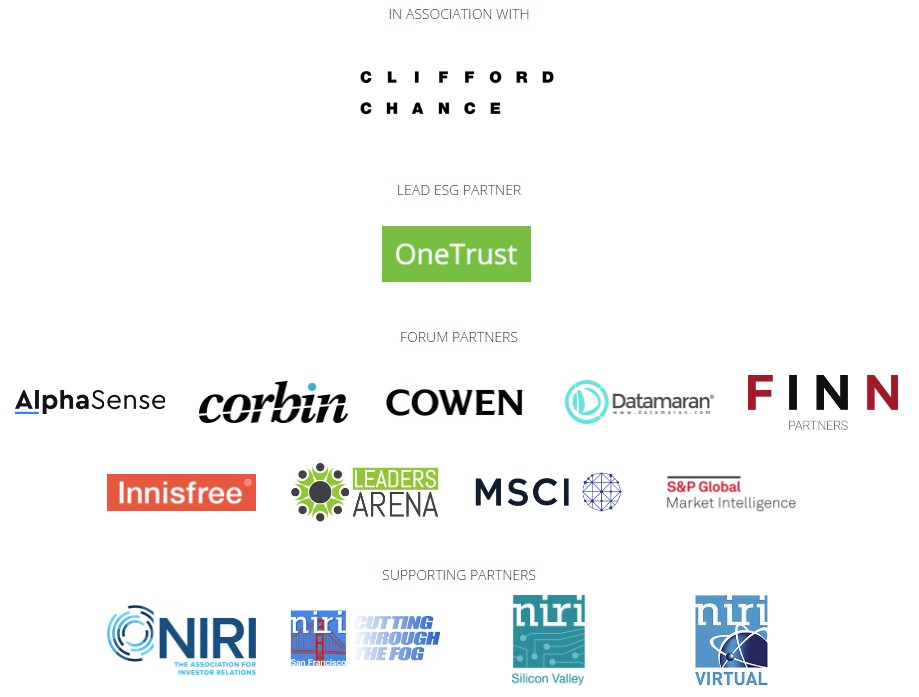The inaugural ESG Integration Awards – celebrating the ESG work of governance and investor relations teams – were presented in July by Corporate Secretary and sister publication IR Magazine. In the first of a series of articles on the winners, we speak to Richard Batten, chief sustainability officer of JLL, which won the award for best ESG by a senior management team.
Batten’s strategy for ESG leadership has been to reach net-zero emissions at JLL and enable clients to reach their sustainability goals. Throughout his time at the company, he has pushed boundaries for commercial real estate companies to be sustainability stewards and leaders.
Under Batten’s guidance, JLL recently released its new sustainability strategy. The company was one of the first organizations to be certified by the Science Based Targets initiative (SBTi) net-zero standard, the first ever science-based certification of companies’ net-zero targets. Batten also was instrumental in JLL’s role in the UN-backed Race to Zero, a commitment to halve emissions by 2030, with JLL working to achieve net-zero by 2040, 10 years ahead of the campaign’s target.

What would you say were your standout achievements in this area?
Becoming the first real estate company to have an SBTi-validated net-zero target is probably the highest achievement, but the roll-out of a corporate-wide ‘purpose-driven, issues-based and impact-assessed’ sustainability strategy comes a close second.
How is your board involved in this field?
Our global board is intrinsically involved both from an operational perspective and in respect of accountability. Members of the board responsible for finance, legal, HR, procurement, health and safety, and so on are all responsible for ultimate delivery of their elements of the strategy.
Do you co-ordinate with other teams internally on this work, and how do you manage that process?
We are a small team that relies on influence rather than direct line management. We are considerably assisted by having a strong governance structure and interaction with numerous teams, some acting vertically at a global level [and] others acting on a geographic basis. [It] is essential to ensure we are all aligned.
What lessons have you learned from this work over the past year and how will you apply that going into 2023?
The whole topic of sustainability is increasing in importance to our shareholders, our clients and our people. As a result, there is increased oversight from the business. This will continue with the introduction of the SEC rule [on disclosing climate-related risks] and increased legislation impacting reporting. In preparation for this we have reviewed our internal processes, increased accountability and taken on increased external auditing of our reporting.









